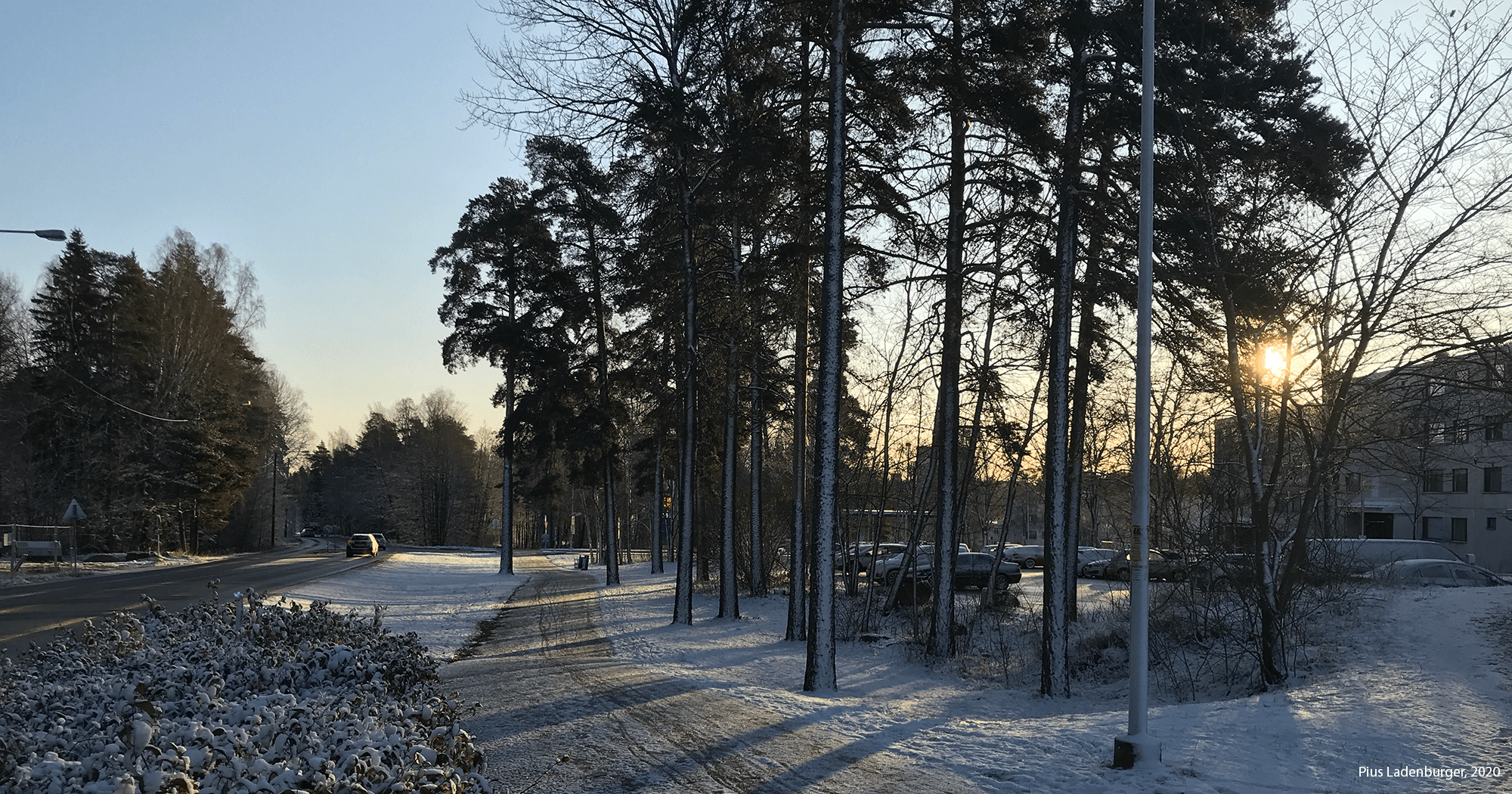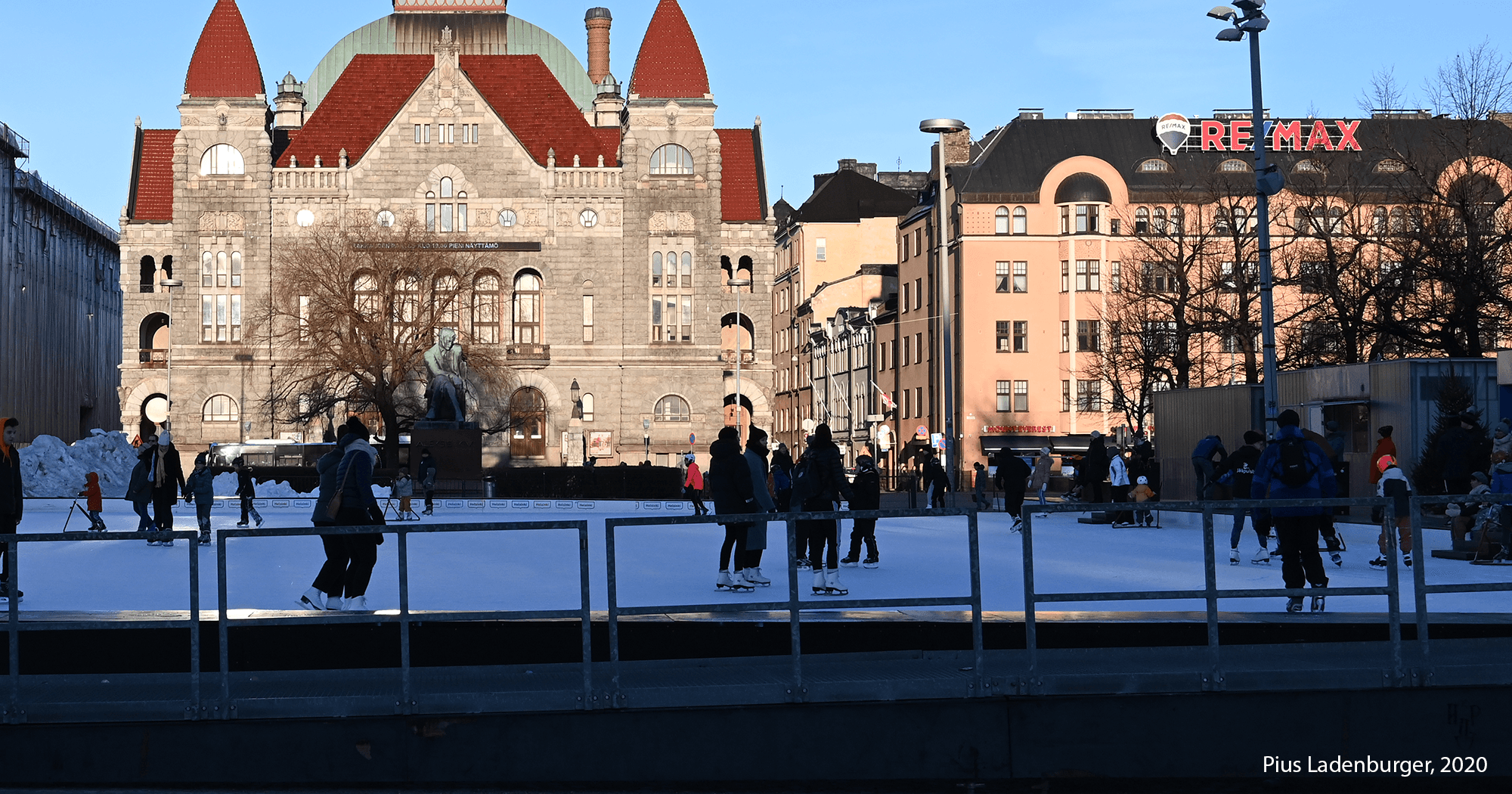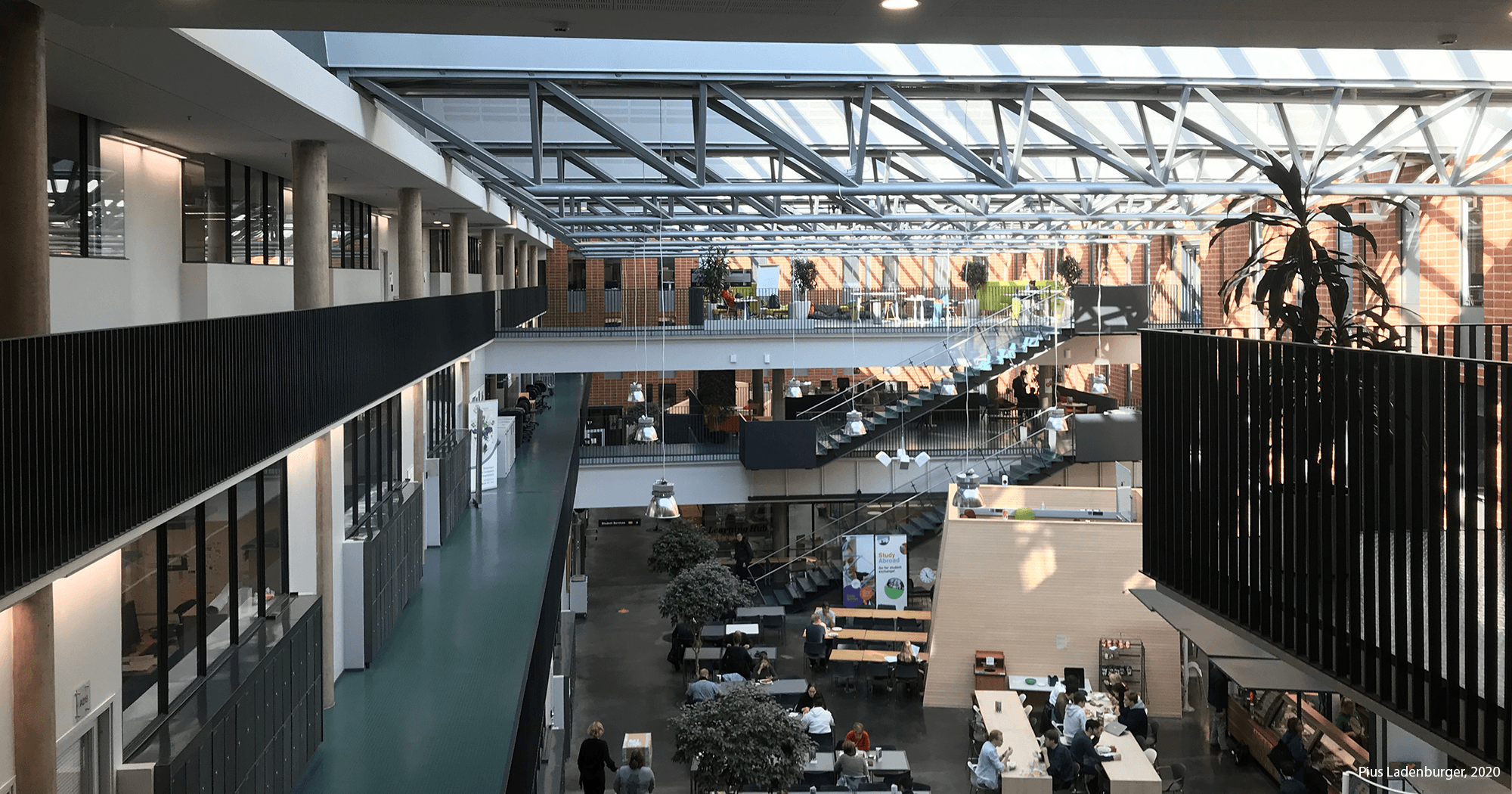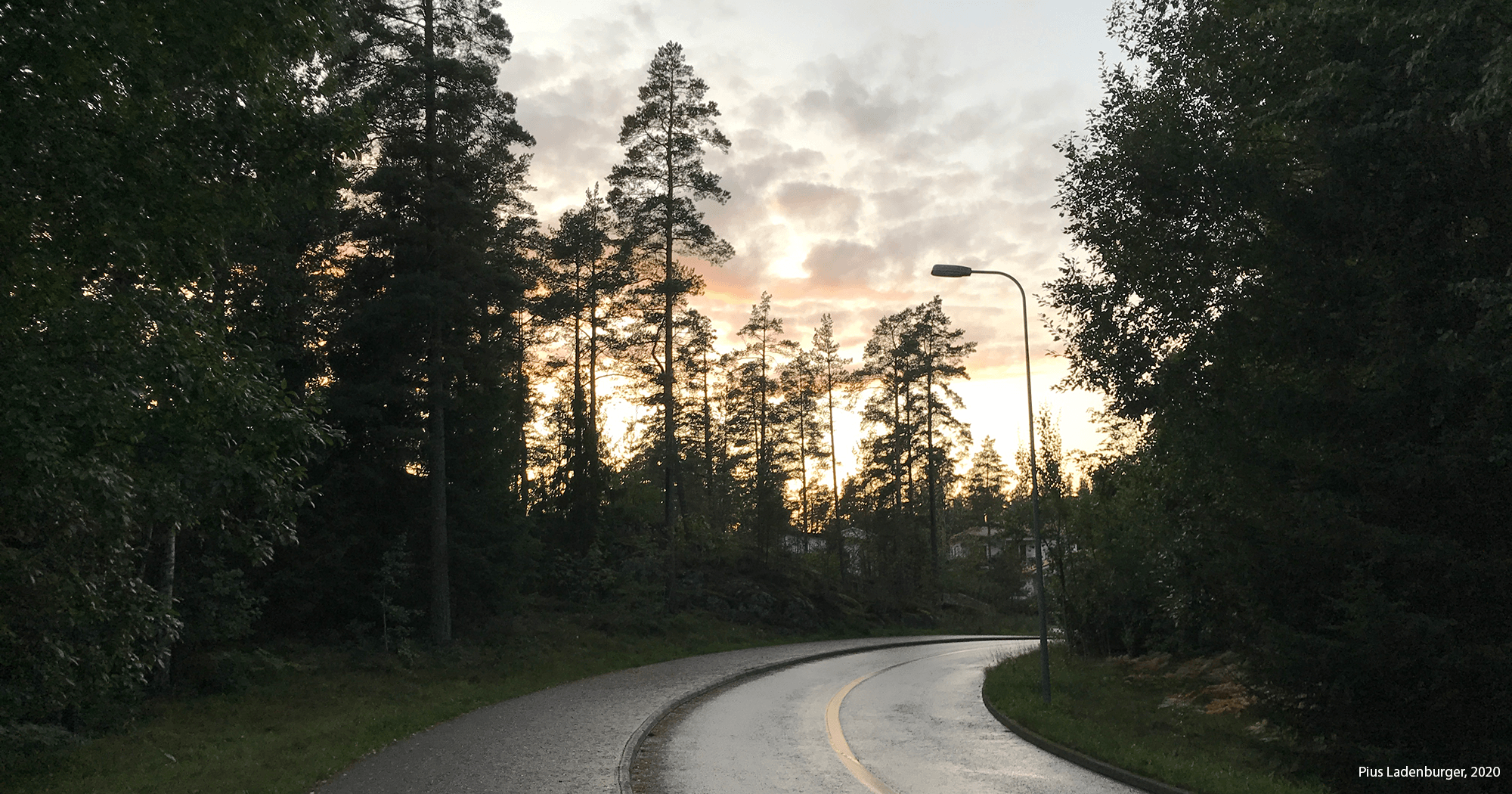Studying in Finland
Jun 25, 2020
Previously, I have written another post about studying machine learning. In this post, I already wanted to include my experience in studying in Finland. However, this became quite extensive, so I made another post out of it. And here it is!
 A classical Finnish sunrise in Winter.
A classical Finnish sunrise in Winter.
Studying at Aalto University
In Finland, each Term (around four months) is split into two periods. Each term is filled with courses spanning either one, two or sometimes even more periods (meaning multiple terms). Which sounded a bit of a strange concept to me with too many too small courses, turns out to be quite smart.
Smaller courses allow focusing on just the topics one is interested in. Because these courses are closed there is no pressure in memorising everything like crazy for half a year just to write it in one exam. This gives much more time (and mental space) in reflecting and connecting all the new stuff. All in all, this leads to less stress, more sleep, more motivation, and –- sorry if I am destroying the world view of some professors here – more learning.
 Ice skating in Helsinki.
Ice skating in Helsinki.
At the end of the second term, there is also a fifth period. It formally belongs to the second term but I would count it as a summer block. This allows to place some short courses at the end or stretch extensive ones longer.
Disappointingly, most courses still cover two periods. However, these courses are sometimes split: having lectures in the first half, and a project in the second of the term. In Germany, where I studied previously, we had multiple types of courses, including lecture-type and seminar-type. Lectures would mostly cover the theory and in seminars you would get more practical. At Aalto, I have observed that courses that you would split up like this tend to be much more intermixed. Sometimes having either a theoretical lecture and practical assignments (aka homework), or being split up as mentioned before (or sometimes both). A word of criticism here: in most of the courses I, in fact, missed going a bit deeper into the theory.
 Walking along the sea in Helsinki.
Walking along the sea in Helsinki.
Courses tend to have fewer credits than I have seen at other universities. This, of course, comes together with the fact that they are often more compact and even span only half a semester. However, this can have the disadvantage of having more overhead (just think of the time you have to walk to a lecture, motivate yourself to start an assignment, or keep track of all the courses).
Lastly, the evaluation of the courses is much more focused on the assignments you do across the term than on the final exams. Some courses do not even have a final exam but rather just a final project. Being a student, I am obviously biased to like this – who likes preparing for and writing exams? Nevertheless, it did stress me more, having the feeling that every assignment had to be perfect. Not that I would not care about the assignments otherwise, but knowing that you are allowed fail usually lets things be more relaxed.
 Inside the computer science building of Aalto University.
Inside the computer science building of Aalto University.
Further, the university is excellently equipped. There are computer rooms where each computer has a fairly good GPU (which is crucial when studying ML). All computers in those rooms can be reached at home by SSH. This turned out to not only be very convenient but essential when this pandemic started. I have worked on multiple research projects and received my own desk and workstation. The workstation had state-of-the-art components, I had my own external screen and a height-adjustable desk! Anyone who has ever worked on a project and missed out on one of these (like me) knows how valuable that is.
Finally, how is Finland in general? Much more different than I expected. Finland is in the very North of Europe. Having only a small border to Sweden and Norway in the North, and a border to Russia in the East. The rest is surrounded by water. Getting to Russia requires a Visa. This does lead to different isolation of society than I am used. Germany is in the middle of a continent and has nine neighbour states that can each be reached without a Visa.
Finns are very kind, tend to not talk much until you involve them in a conversation – in that case you better have an exit strategy or enough time ;). They value a healthy lifestyle and love nature. Things can become very expensive in the city and you better know where to buy things if you stay there longer. Students in Finnland are highly subsidised but not students from Universities abroad.
The weather is actually better than people claim. The winter does have veeerrryyy long nights though.
 A typical Finnish sunset.
A typical Finnish sunset.
If you enjoyed reading this post, I would love to get some feedback. Give feedback, write a comment, or enable analytics (you can click on "Cookie Policy" on the bottom left of the page). Thank you!